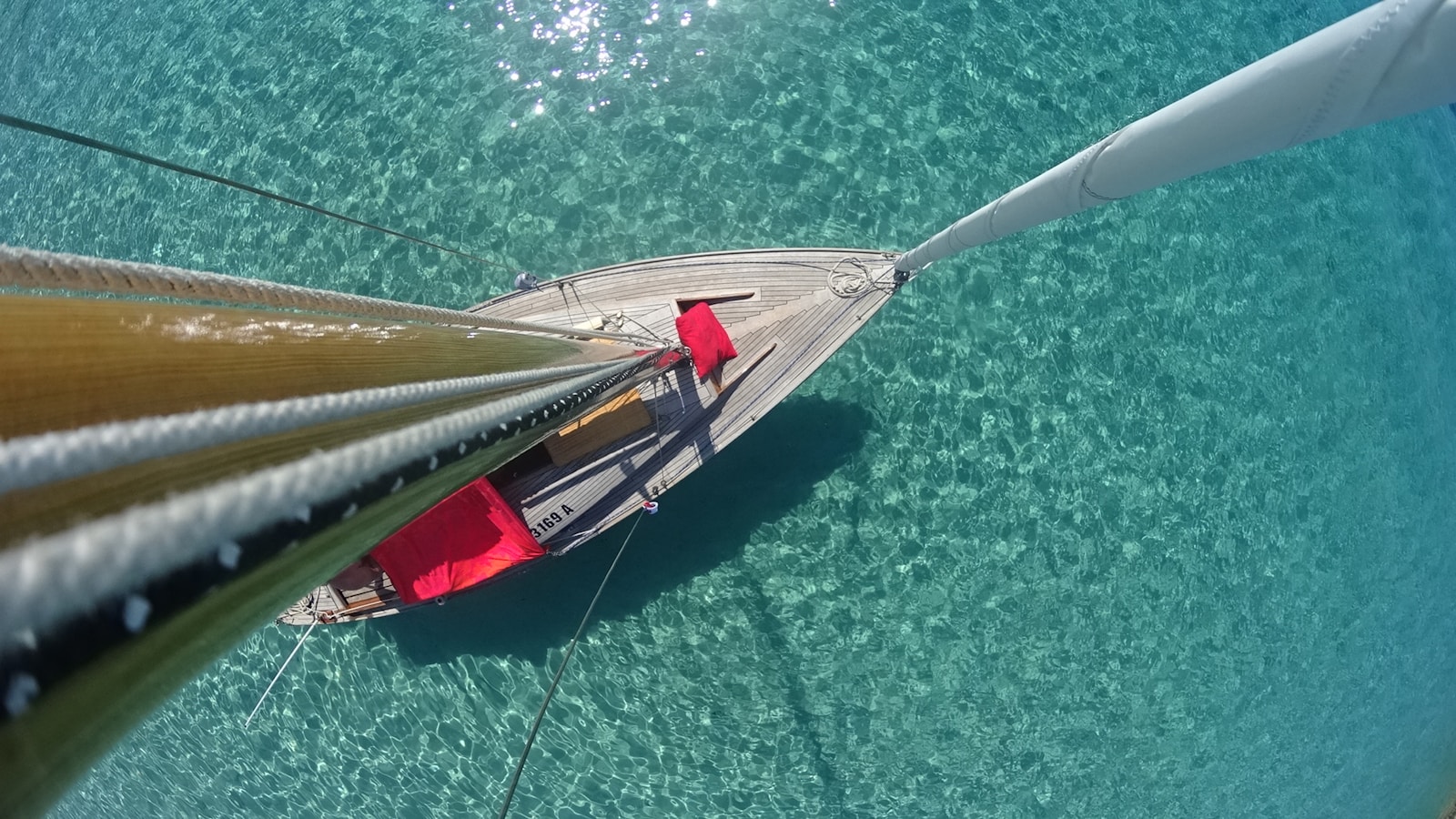Much has been expected since May last year when the future new government won the elections. Since then, there have been rivers of ink and many rumors among industry professionals about how and when the new regulations would be published. Well, today, May 28, 2024, we finally have the rule that regulates the procedure for the extraordinary legalization of buildings, constructions, facilities and existing uses on rural land. The following points can be highlighted from this standard:
1.- Legalization in general rustic land: It is possible as long as the infringements have prescribed and no demolition proceedings can be initiated, the urban parameters will not be taken into account and the term to do so will be 3 years.
Legalization in protected land: it will be possible if the infringement is time-barred and it is proven that the works were completed prior to May 10, 1991. If it cannot be accredited, it cannot be legalized.
3.-Who, where and how is this procedure initiated? The owner is the one who must submit the legalization request to the corresponding City Hall by submitting a technical project. The project must incorporate environmental measures, prevention of light pollution, energy efficiency, renewable energy, installation of water and wastewater treatment tanks.
4.- Is there a maximum term? Yes, 3 years from the entry into force of this standard.
5.- Is there any fee to be paid? You will have to pay the same taxes that a new construction would imply. An additional consideration will also be required depending on when the legalization is requested: 10% in the first year, 12.5% in the second year and 15% in the third year. The basis for its calculation will be the cost of the material execution of the building.
6.- Are there any limitations? Not all properties may be subject to this regime. Especially if they are subject to expropriation or transfer or are located in the public domain, such as the maritime-terrestrial public domain.
7.- How long will it take to process the license? A period of 6 months is established for the license to be processed. Failure to reply by the administration will be understood as NOT granted.
8.- Limitation with the vacation home license: The granting of this extraordinary legalization will require the commitment not to use the property as a tourist dwelling and its registration in the property registry.
Finally, there is another interesting section, which is that the regulation repeals Articles 4 and 5 of Decree Law 9/2020, which prohibited the construction of risk prevention zones (RPA) and the elimination of construction limits. Understanding that it will now revert to the old construction parameters, i.e., 4% occupancy and 1500 cubic meters of construction. This is notwithstanding the fact that the municipalities may have established other percentages.
In any case, this office is at your disposal for any clarification and feasibility study.


